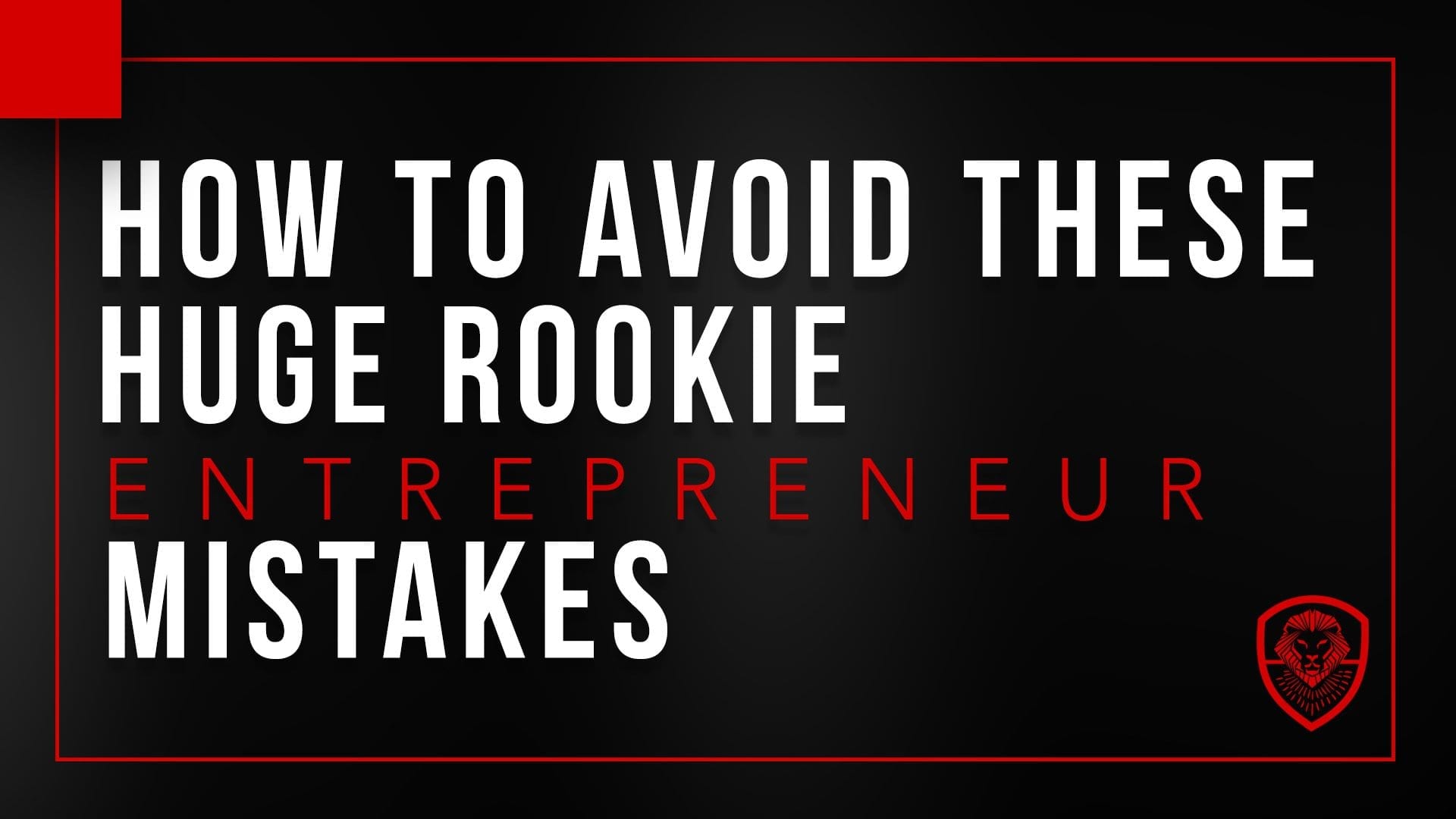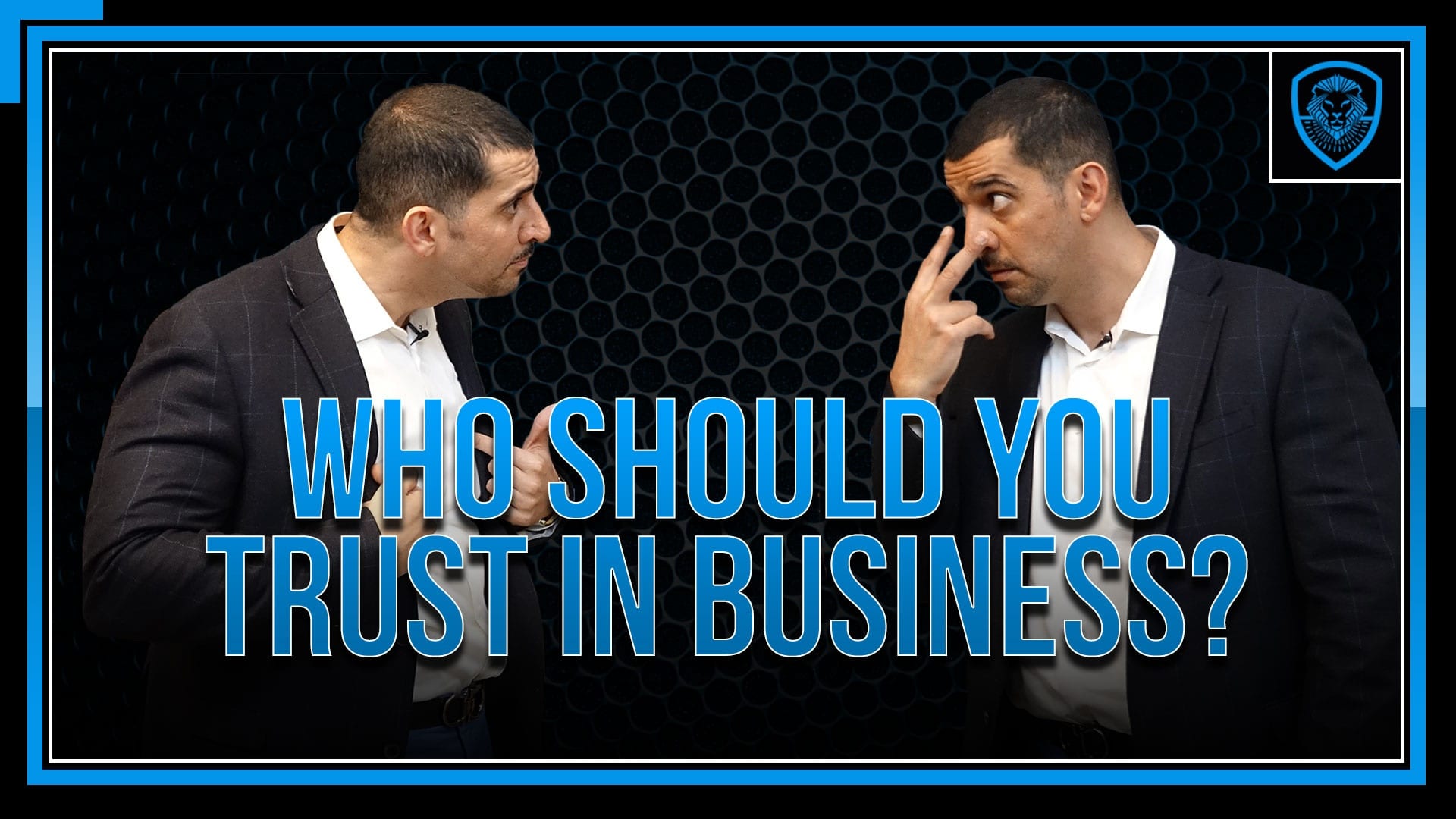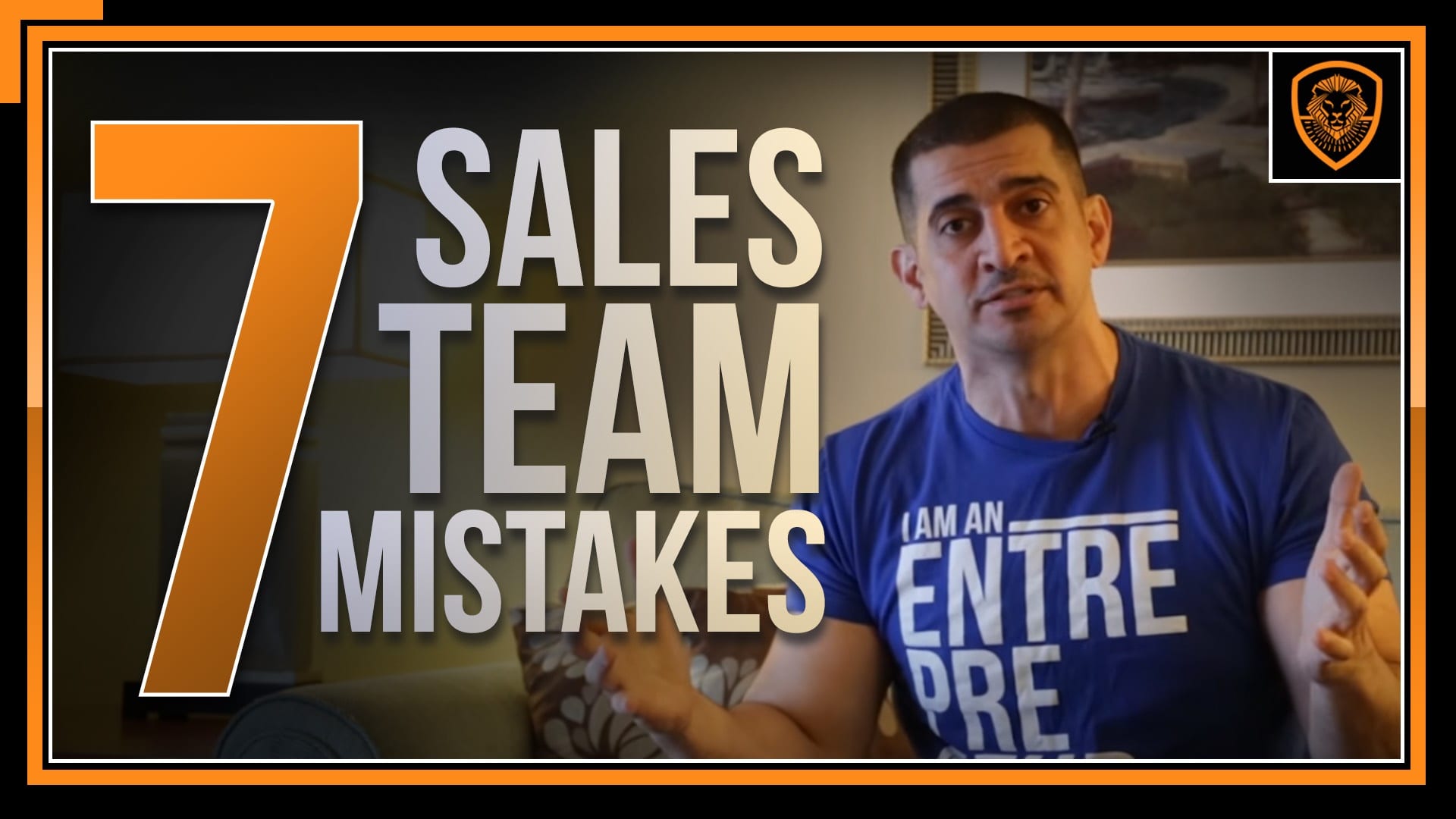This week’s roundup focuses on something most of us don’t like to think about — mistakes. But not thinking about and dealing with mistakes is the hugest mistake of all. So let’s get right to it, as we dive into some common huge rookie entrepreneur mistakes, and what to do instead.
#1: Being Reckless with Your Online Reputation
We start off with an article published on Entrepreneur.com, No, it’s not arrogant to Google yourself. As the article states, it’s not only not arrogant to Google yourself, it’s downright irresponsible not to. The bottom line is that before people do business with you, they likely Google you.
Since being reckless with your online reputation is one of the most damaging rookie entrepreneur mistakes, I’m devoting more time to it than the other mistakes, and am also giving you an important assignment:
If you haven’t done so lately, before continuing to read this article, pause for a moment and type your name into Google. Make note of the first five things that come up, and then plan to follow up later by digging deeper.
Wanting to practice what I preach, I just did the same. Here’s what I found:
- A link to my website — good, because I completely control the content on that site, and it includes solid content and testimonials
- My YouTube channel — not so good, because I’m terrible about updating it, but there’s nothing bad there
- My author page on Social Media Examiner — good because it’s a prestigious site with a good reputation
- My author page on Amazon — good because it shows a level of expertise in specific fields and my ratings and reviews are good
- An interview on Entrepreneur on Fire — good, because it’s a well-respected podcast
- My LinkedIn profile — good, because it showcases some of my accomplishments and includes solid recommendations
What’s noticeably missing are photos of me drunk, passed out, or in other compromising situations, political rants, bad reviews, and so on. There’s nothing that would cause anyone to look at me askance or avoid hiring me. Even more importantly, there’s nothing I wouldn’t want my mother to see. 🙂
Now if you do happen to find some things you’re not proud of when you Google yourself, here are a few things you can do:
- Change your online behavior. Moving forward, every time you’re tempted to post a picture on social media of you doing something stupid, stop.
- Delete things that are less than favorable. They may still come up in Google searches, but will eventually disappear over time. You can also hasten the removal of them here.
- Focus on pushing out content that you can be proud of.
- If you don’t already have a website, start one, and publish content on it consistently. Be sure your name is clearly associated with the site and that your name is on the content. A website you own is one of the few things online you can completely control.
- Publish content on high-ranking sites, such as LinkedIn, YouTube, large blogs in your industry, and so on. Notice that other than my website, the other sites that showed up first were large sites with a good reputation. Publishing on high ranking sites is one of the fastest ways to push down search results that are less favorable.
#2 Being Unprepared
If you’re winging your business, don’t expect to succeed. As this article by Grant Cardone states, success rewards preparation. It goes on to say that this is more true in sales than anything else. And by the way, if you think you’re not in sales, guess again. In fact, the first point in today’s article is about sales, is it not? Why do you want to clean up your online reputation? Because you have something to sell, right?
So let’s say you’ve cleaned up your online reputation, and people are reaching out to you to do business with you. Great! But chances are, if you’re not prepared, things won’t go well.
Cardone states:
Most companies fail not because they stay on the offensive but because they don’t properly prepare themselves for expansion and cannot dominate the sector. Be constantly prepared for success so that you can grab the opportunity when it comes along! Luck is just one of the byproducts of those who take the most action and are the most prepared.
I really love an exercise that he does, and I suggest you do the same:
- Be prepared for EVERY possible question, objection, stall, obstacle, delay, and customer question possible.
- If you hear something new from a client you haven’t heard before, write it down.
- Then, in your private time, prepare a number of responses that you can use if something similar comes up in the future.
Rather than waiting for something new to come up, I recommend starting off by thinking back to times that didn’t go well, that you lost a sale. As is often the case, you may have later thought, “What I should have done was. . . ” Use that type of regret and hindsight to help you prepare for the future, by writing down and practicing those responses.
And by the way, to help you decide if you’re winging your business, be sure to check out this article and video published right here on PatrickBetDavid.com:
https://www.patrickbetdavid.com/10-signs-winging-business/
#3: Fearing Competition
One of the biggest mistakes new entrepreneurs make is thinking that competition is a bad thing. I’ve heard people say, “I did some research and found that no one else is doing ___________! Isn’t that great?” Um, no. It’s not a good sign.
This article published on Entrepreneur.com covers five ways that competition can help your app succeed. While the article focuses on apps, the following five points in the article apply to all types of businesses:
- Competition validates need.
- Competition fosters innovation.
- Competition makes you work faster and smarter.
- Competition helps put customers first.
- Competition helps you learn from others’ mistakes.
The first point is one of the most important ones. If no one else is doing what you’re thinking of doing, it could be for good reason — there’s not a market for it. But if others are making money doing it, it demonstrates a need, a problem that people are willing to pay to have resolved.
And if those five points listed above are not enough, check out this article and video for more great reasons why competition can help you win in business:
https://www.patrickbetdavid.com/compete-in-business/
#4: Being Clueless About the Global Economy
Today, more than ever before, life around the world impacts all of us. Even if you have a local business, unless you live in a very small town, people of many different cultures and backgrounds are potential customers. This is even more true if you have an online presence. As an example, in the last 30 days, people from over 200 nations have visited this website.
Why does this matter? It matters because people from different nations, religious and political backgrounds view life differently and often have different habits. Now it’s true that since there’s so much variety it is impossible to please everyone, but being clueless about the global world we live in is one of the huge mistakes rookie entrepreneurs make.
Just to give you an idea of how different people think and behave, check out this article published on Business Insider on the morning routines of people in different cities. You’ll find that in some cities people are more likely to hit snooze multiple times, and while there are a lot of coffee and tea drinkers around the world, in one city only 16% of residents drink coffee or tea in the morning.
As a bonus exercise, as you read this article, jot down five ways that you would do business differently based on the habits of the people in each city.
#5: Not Paying Attention to Details
Patrick has often mentioned that some people say, “I’m a visionary. I’m not into details.” He rightly rags on people that say that. Even if you’re a visionary, one of the biggest mistakes you can make as an entrepreneur is to fail to pay attention to details.
In fact, in this article published on Inc.com, according to Jerry Seinfield, failing to pay attention to details is no laughing matter. The article provides three keys to success and that most people stop with the first two.
The third key to success is paying attention to the details. Seinfield states that he has jokes that never miss the mark — so long as they are done the EXACT same way every time. Even missing a single word, or having a slight catch in his throat can impact the success of the joke.
He states:
In comedy, jokes are extremely fragile things because they have to be exactly right to work.
By the way, if you’re thinking, “Well, I’m not a comedian. There’s nothing funny about my business so this doesn’t apply to me,” guess again.
. . . obsessive attention to detail — making sure you get it right, every time, for every customer — is critical.
Did you catch that last word? Details aren’t just important; when it comes to the success of your business, they’re critical.
#6: Expecting Prince Charming to Rescue You
Are you hoping for a lucky break in your business? You know, the idea that a prince charming will come along, sweep you off your feet, and when that happens, you’ll “be someone.” All of your problems will come to an end, and you’ll finally have all the success — and money — your little heart desires.
This article published on Addicted2Success looks at the story of Cinderella in a whole new way that is very applicable to entrepreneurs.
You see, Cinderella is often viewed as a victim, when the reality was that she owned the home her stepmother controlled.
. . .like Cinderella, many people victimize themselves and let obstacles or tough times take away their inner power.
The article deals with the fact that while there are many things in life that you can’t help, such as the family you are born into, you are ultimately responsible for your own life, for your own success.
Another Cinderella myth the article deals with is one of overnight success. In an instant, Cinderella’s life was dramatically changed, thanks to Prince Charming.
Since childhood people are sold into the idea that if you are one of those lucky ones, then one day by some miracle your dreams will come true.
The bottom line is that success comes when rather than hoping for a lucky break, you take personal responsibility and put the work — and time — into the process. If you want miracles to happen in your business, don’t buy into the myths perpetuated in the Cinderella story.
And of course, don't make the mistake of missing any of the articles published this week right here on PatrickBetDavid.com:
When comparing Steve Jobs with Tim Cook, who was the better CEO?
Every entrepreneur is a salesperson. If you wonder where in the sales process you mess up, this video gives you 6 things to evaluate.
Every entrepreneur has a why. The problem is that many never graduate their why; it stays at the lowest level. Here's why the evolution of your why matters.
Share your thoughts and questions below.







